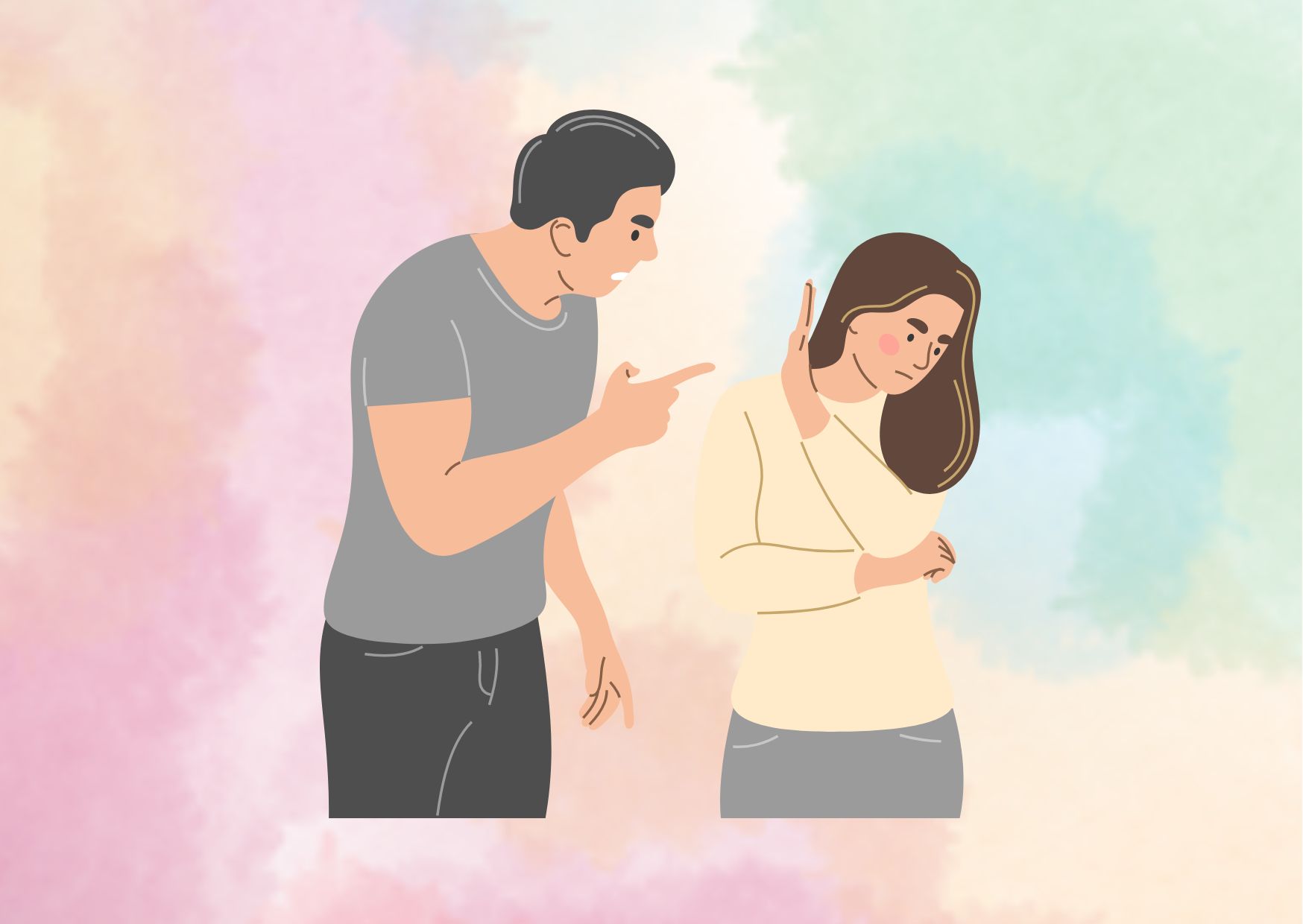Undeniable Signs of Emotional Abuse and How to Address It
Emotional abuse, a persistent form of mistreatment, can leave deep psychological scars. This insidious behavior encompasses humiliating, threatening, controlling, and invalidating a person’s thoughts and feelings. Often intertwined with other types of abuse or neglect, emotional abuse can occur in various relationships, from intimate partnerships to family dynamics.
While emotional abuse may seem invisible, its effects are profound, potentially leading to mental health issues like PTSD. This guide delves into recognizing the signs, patterns, and impacts of emotional abuse, equipping you with coping strategies, resources for seeking help, and steps toward healing and prevention. By understanding emotional abuse and its dynamics, you can break free from this cycle of harm and reclaim your emotional well-being.
Types of Emotional Abuse
Emotional abuse can manifest in various forms across different relationships and settings. Here are some common types:
Relationship/Marital Emotional Abuse
- Your partner isolates you from friends and family.
- Your partner constantly wants to know your whereabouts and activities.
- Your partner assumes control over your finances, plans, etc. without discussion.
- Your partner rarely takes responsibility or admits fault.
- Your partner manipulates or gaslights you.
- Your partner exhibits intense feelings and behaviors like obsession and possessiveness.
- Your partner engages in physical, emotional, or sexual violence.
Other patterns include:
- Feeling a sense of bonding with the partner through trauma.
- The partner won’t let you leave (e.g. they’re controlling or threatening).
- Overprotection, gradual isolation, gaslighting, name-calling.
- Cold-shouldering, guilt-tripping, coercive sex.
- Damage to property, stalking, body shaming.
- Financial abuse, sleep deprivation.
Parental Emotional Abuse
- Humiliating or constantly criticizing a child.
- Threatening, shouting at, or calling a child names.
- Making the child the subject of jokes or using sarcasm to hurt them.
- Blaming and scapegoating the child.
- Making a child perform degrading acts.
- Not recognizing a child’s individuality or trying to control their lives.
- Pushing a child too hard or not recognizing their limitations.
- Exposing a child to upsetting events or situations like domestic abuse or drug taking.
- Failing to promote a child’s social development or not allowing them to have friends.
- Persistently ignoring the child.
- Being absent or manipulative.
- Never saying anything kind, expressing positive feelings, or congratulating the child on successes.
- Never showing any emotions in interactions with the child (emotional neglect).
Workplace Emotional Abuse
While not explicitly listed in the key points, workplace emotional abuse can involve:
- Public humiliation or berating by a boss/coworker
- Excessive criticism, micromanagement, and unrealistic demands
- Ignoring or excluding an employee
- Taking credit for an employee’s work
- Threats of termination or demotion as punishment
Emotional abuse transcends physical violence, employing tactics like manipulation, intimidation, and control to degrade and subjugate the victim. Recognizing these patterns is crucial for breaking free from the cycle of abuse.
Suggestion for read: Proving Emotional Abuse in a Custody Case
Signs and Patterns of Emotional Abuse
Recognizing the signs and patterns of emotional abuse is crucial for breaking free from its insidious cycle. Children who experience emotional abuse may exhibit various concerning behaviors:
Signs in Children
- Lack of confidence, difficulty controlling emotions, or trouble forming/maintaining relationships
- Inappropriate behavior for their age, such as being overly affectionate with strangers (younger children) or using advanced language (older children)
- Anxiety, lack of a close bond with parents, extreme outbursts, or social isolation
It’s important to note that children may not realize the abuse is wrong or may blame themselves, making it harder to identify the problem.
Common Patterns
Emotional abuse often involves attempts to humiliate, invalidate, and criticize the victim. Look for behaviors related to domination and control in the relationship, emotional distance, manipulation, and the abuser’s refusal to accept blame or disrespect for personal boundaries. Gaslighting, a form of emotional abuse where the abuser makes the victim question their reality and sanity, is another telltale sign.
| Signs of Emotional Abuse |
| Using weapons to threaten |
| Withholding affection as punishment |
| Insulting or criticizing |
| Gaslighting |
| Isolation from friends/family |
| Victim questioning their judgment and sanity |
While emotional abuse may seem less severe than physical abuse, it can be just as damaging, inflicting internal pain through control, disrespect, and manipulation.
Impact on Mental and Emotional Well-being
The impact of emotional abuse on mental and emotional well-being can be profound and far-reaching. Victims may experience PTSD-like symptoms such as flashbacks, helplessness, concentration issues, social withdrawal, and physical symptoms. Common mental health issues include anxiety disorders, depression, and complex PTSD.
Short-term and Long-term Effects
In the short term, emotional abuse can lead to anxiety, shame, fear, confusion, guilt, and a sense of powerlessness. Over time, victims may experience a loss of sense of self, low self-worth, depression, and substance abuse. The effects can be severe, with emotional abuse linked to the development of various mental health conditions, including social anxiety, depression, eating disorders, and PTSD or complex PTSD.
| Short-term Effects | Long-term Effects |
| Isolation and loneliness | Mental health conditions |
| Self-doubt and shame | Neuroticism and chronic stress |
| Low self-esteem | Physical health challenges |
| Fear and avoidance | Attachment and emotional disconnect |
| Feelings of powerlessness | Relationship challenges |
Impacts on Children and Brain Development
Emotional abuse can have significant impacts on children, including behavioral changes, difficulties with emotional development and maturity, and maladaptive coping mechanisms. It can also affect brain development, impacting emotional understanding, empathy, self-awareness, and emotion management.
Coping Strategies and Self-care
Recognizing and acknowledging the emotional abuse is a crucial first step towards coping and healing. It’s important to understand that the abuse is not your fault and that you deserve to feel safe, respected, and valued. Leaving the abusive situation and creating a safety plan can be vital for protecting yourself from further harm.
Establishing Boundaries and Seeking Support
Not engaging with the abuser and setting firm boundaries is recommended to avoid further trauma. Maintaining a record of the abuse can help counter gaslighting and validate your experience. Seeking help through therapy, support groups, and mental health professionals is a sign of strength, not weakness. Building a supportive network of trusted friends, family members, or survivor communities can provide invaluable guidance and encouragement on your healing journey.

